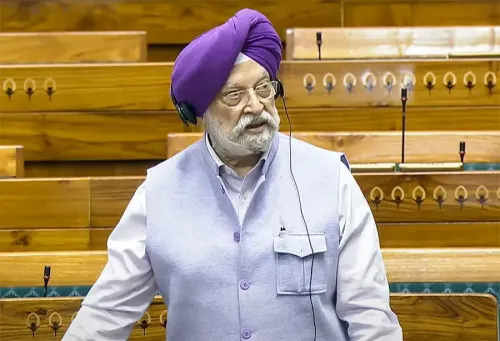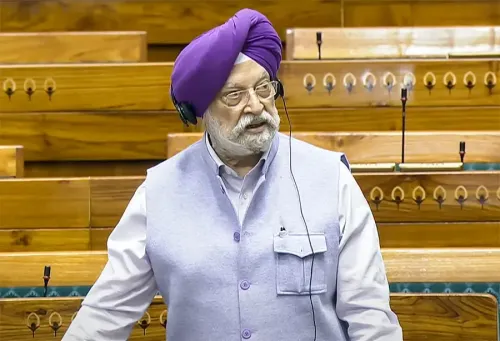Are Next-Gen GST Reforms Really People-Friendly?

Synopsis
Key Takeaways
- New GST reforms aim to simplify tax structure.
- Focus on reducing tax burden for essential goods.
- Luxury goods to bear a larger share of taxation.
- Expected benefits for workers and lower-income families.
- Potential for enhanced purchasing power and economic growth.
New Delhi, Sep 4 (NationPress) The Bharatiya Mazdoor Sangh (BMS), a subsidiary of the RSS, expressed its support on Thursday for the recent Goods and Services Tax (GST) reforms unveiled by the Finance Ministry. They characterized these changes as a major advancement towards a tax framework that is friendly to the public and focused on the common man.
The BMS statement highlighted that the new approach implements a streamlined two-tier GST system designed to alleviate the tax load on everyday citizens, while reallocating a larger share of the tax burden onto luxury goods favored by wealthier individuals.
“Historically, the indirect tax landscape has been largely dependent on levying taxes on the essential needs of the populace. This pattern has now been turned around with these innovative reforms,” BMS noted.
The reforms feature a reduction in GST rates for labor-intensive sectors and essential products, including cement, food items, healthcare goods, insurance plans, educational resources, and agricultural equipment.
Commonly utilized items by the middle class—such as vehicles and electronic gadgets—are also witnessing a decrease in rates, which BMS asserts will alleviate family expenses.
General Secretary Ravindra Himte pointed out that this initiative will particularly favor workers and families with lower incomes. “We anticipate that manufacturers, insurance firms, and others will swiftly extend these advantages to the general public by reducing the prices of essential daily items,” he remarked.
The statement emphasized that these reforms embody a long-standing aspiration of labor unions and civil organizations for a fair and progressive tax system.
By lessening indirect taxes on necessities and enhancing the affordability of critical products, BMS is confident that these reforms will promote industrial development, create jobs, and elevate the purchasing power of average citizens.
BMS also asserted that the new GST model would enhance economic fairness by lightening the burden on workers while ensuring that the wealthy contribute a fair share to national revenues.









